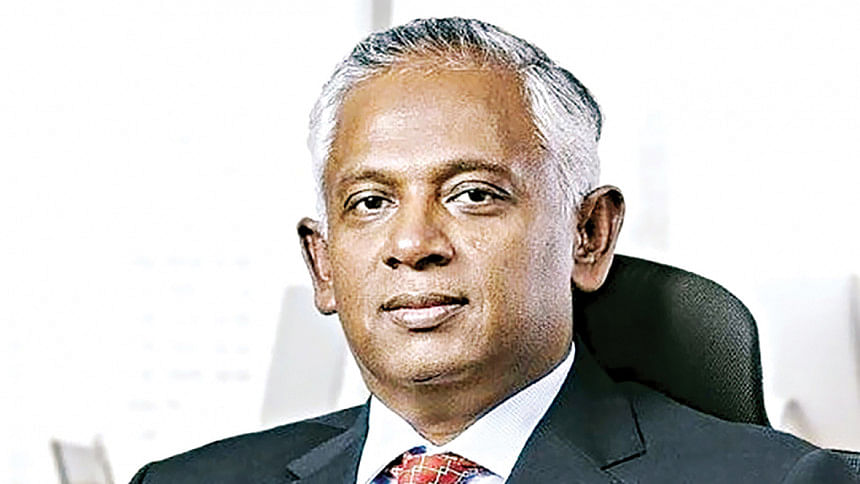Highway to justice on a rickshaw

Someone I know once joked, "In Bangladesh, legal process is like a traffic signal -- it exists, but nobody follows it." I know of a family that has been caught in a legal battle regarding land for decades. It is the kind of dispute that survives elections, grey hairs, and a few judges. They have won every round up to the top court, but the case? It is still pending outside the court. The legal system here is not just blind -- it is apparently waiting in traffic, hoping to dodge the maxim justice delayed is justice denied.
Now, let's look at our current Chief Advisor (CA) -- a figure many, including myself, genuinely admire for standing tall against the old political order and striving to bring sanity back into the system. He, too, once faced his share of politically motivated cases and painful harassment. But now that he is back in charge, his supporters and his legal matters are -- thankfully -- moving faster than VIP motorcades. As they should, perhaps. Justice should not be a hostage of politics, but it was.
Let's take the example of a fictitious character, Hamid -- a regular citizen who made the bold decision to seek justice against a powerful institution. Several years in, and the district court has not even stretched its legs. Why? Because the said institution is not interested in settling, delay is their strategy. Hamid was stunned to see ten lawyers show up -- some linked to the current regime, backed by big-name law firms at home and abroad. Half the defendants have already left the institution, and the rest are packing their bags. By the time a verdict arrives, they will be sipping cappuccinos somewhere out of reach. As Hamid's lawyer quipped, "In Bangladesh, there are 101 ways to delay a case". And that is the legal strategy in an institution that preaches "zero tolerance."
And Hamid's story is hardly an outlier. Ask any whistleblower, reformer, or even an unlucky soul who dared to challenge a well-connected entity or institution -- they all share the same plotline: delayed justice, exhausted savings, and the accused vacationing abroad. A teacher suspended for exposing corruption still awaits reinstatement while the accused enjoys promotion. A small entrepreneur spent years in legal limbo after a big conglomerate "borrowed" his idea. Even journalists fighting defamation cases filed by the mighty have learned the true meaning of patience. In Bangladesh, if you go up against the powerful, prepare to grow old waiting for justice.
Favoritism in justice and policymaking is not unique to Bangladesh -- it is universal. In India, VIPs get express service -- just ask Lalu Prasad or check Jio's policy playbook. In the US, wealth can soften crimes (remember the "affluenza" teen?). Russia jails critics like Navalny while oligarchs flourish. Malaysia dragged its feet with Najib's 1MDB scandal. Egypt shuts down NGOs -- unless they are government-approved. Power tilts the scale everywhere. Justice, it seems, now comes with a loyalty card. When institutions bend, the line between "rule of law" and "rule by law" gets blurrier. Bangladesh is only scaling the old game of injustice with its own cultural twist.
In the end, maybe justice in Bangladesh isn't broken -- it's just taking the scenic route. On a rickshaw with three flat tires. And a driver who stops for tea every ten minutes. While we continue cheering for reforms and putting our faith in those steering the nation, all we ask is that the rest of us be allowed to board the same highway to justice, preferably before our grandchildren inherit the court dates. Because right now, the only thing moving faster than justice is the rumour of its arrival. Let's not make equal opportunity become just another slogan -- like "Digital Bangladesh" printed on a form you have to submit in triplicate.
The author is the president of the Institute of Cost and Management Accountants of Bangladesh and founder of BuildCon Consultancies Ltd

 For all latest news, follow The Daily Star's Google News channel.
For all latest news, follow The Daily Star's Google News channel. 



Comments